How to Develop Your Own Creative Process
20 Share TweetComing into terms with what you want to do can be difficult. What you want to photograph is almost always different with what you have on your print. You want to close that gap but how? One way to do it is to know who you are as an artist and what you want to do. Then you develop YOUR creative process. But how do you do it? Let us break down some of the steps for you.

Be eager to learn.
Learning is good. Learning is important. When it comes to developing your creative process, learning is a great way to start. Read books, read your camera manual, learn what your choice of film does to your photographs. These are the basics that you should know before you truly get into the nitty gritty stuff. But don't confuse reading with learning. Merely reading technical stuff doesn't mean anything if you don't understand what you're doing and why you're there in the first place. You should WANT it because it excites you, not just because you want to get it over with.
Practice, practice, practice.
It's not enough to just know the theories, you need to practice what you've read to complete the learning process. Cycle through the features of your camera. Know what each knob, dial, lever, and switch does. Understand what the numbers mean and try them all out. You'll go through countless rolls of film before you master your gear but it will be worth it. Through practice, you develop your instinct as an artist/photographer.
Nurture your imagination.
Imagination is a key factor in developing your creative process. Without it, you're likely to go round and round with your work without truly have something to show for the effort you put in. Soon you'll find yourself cradling uninspired images and asking how to spruce things up. Maybe what happened is that you just keep shooting, trying to power through the creative rut where in fact all you need is imagination.
Don't be afraid to play around. Rest if you're tired but don't give up imagination for the sake of images. Visit a park, a museum, go to a party, attend a concert — all these things can give you inspiration that you can then use in your process. Imagination is a form of innovation. Use it.
Study the masters but listen to your own voice.
There's nothing like finding inspiration in the words and works of the masters. They were the icons we all looked up to when we first started taking photographs. By all means, read about them. They weren't called 'masters' for nothing. Pay homage to their work and style. Learn from them but don't be afraid to try things your own way. It doesn't mean that if it's done before, you can't do it your way. Look at your images and ask yourself what you see and what you'd like to capture. Work towards that goal using the techniques you know and want to explore. It's always nice to have someone to look up to but it's never a bad thing to try to do things your way.
Embrace discovery.
There are different kinds of discovery when it comes to photography. Artists, projects, groups, gear, books, experiences — all of these and more can make you understand your process more. You'll know what you like and what you don't like. It's a long process so make sure you keep an open door for new things. Every project and photograph you create is a lesson. You are the teacher and the student at the same time. Embrace discovery as you would the advice of learned photographers.
In the end, these are just suggestions. Only you can assess which steps to take and what road to take. There are many roads that lead to discovering and mastering your creative process. Comment down below if you have some more to add to the list. Let us know how you developed your creative process.
2018-03-30 #culture #editorial #film-photography #creative-process






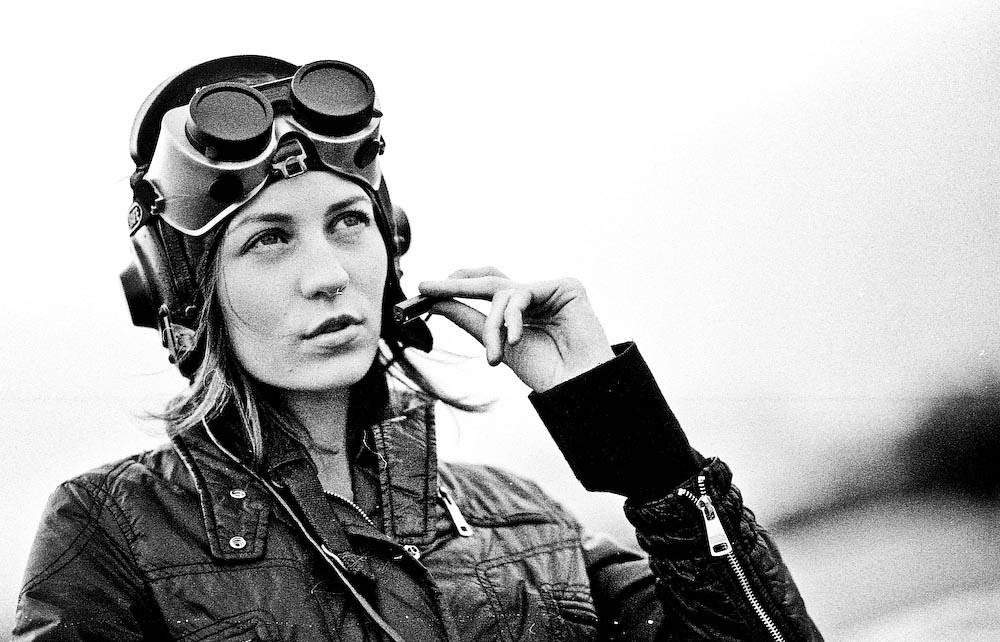

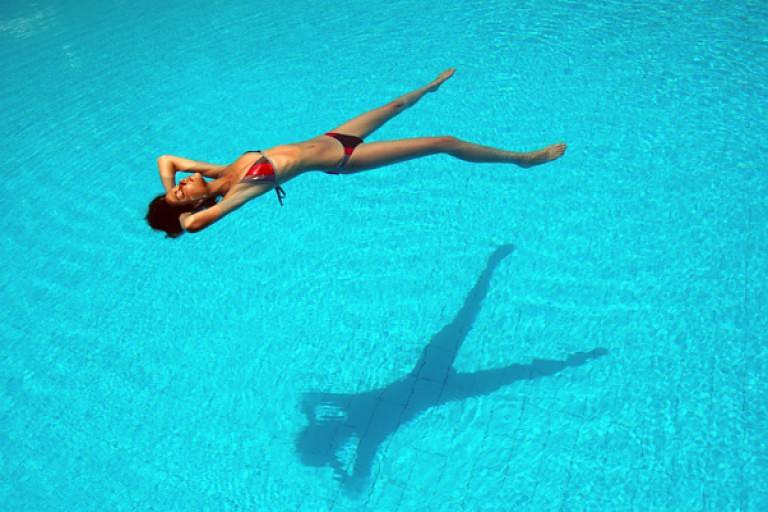


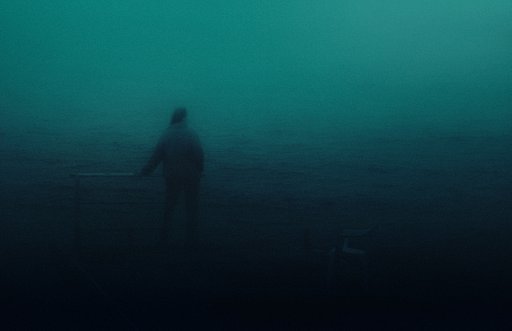


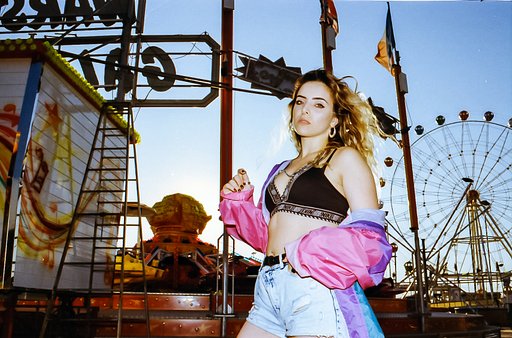






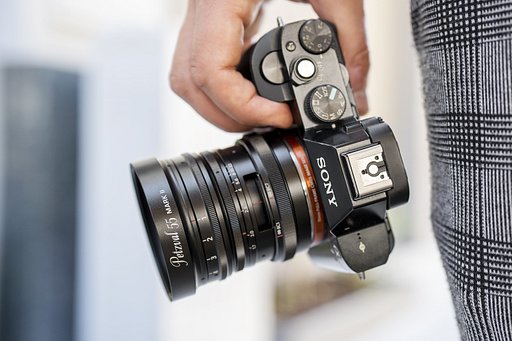



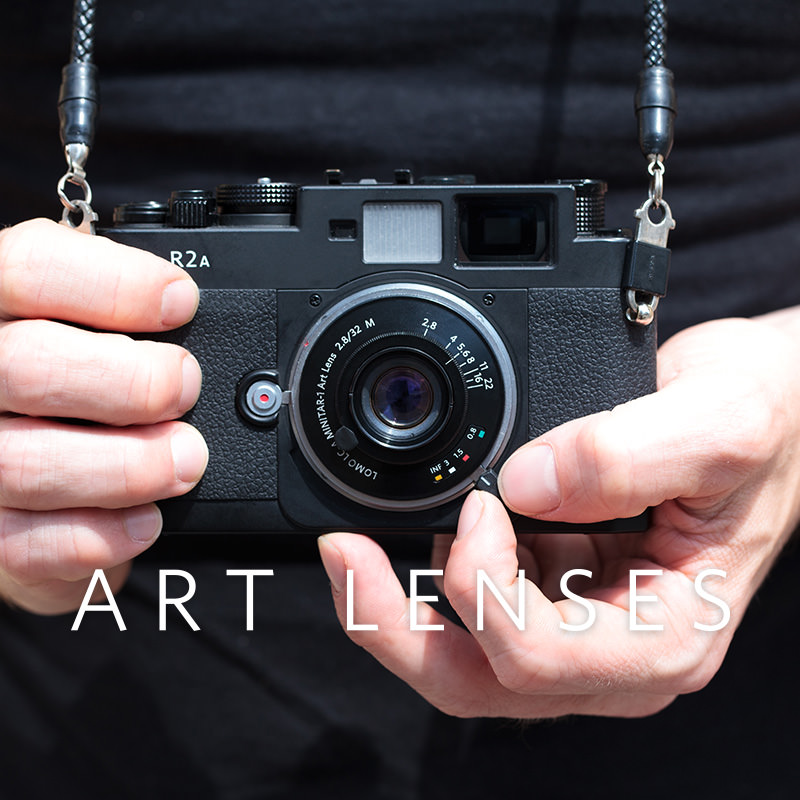
No Comments